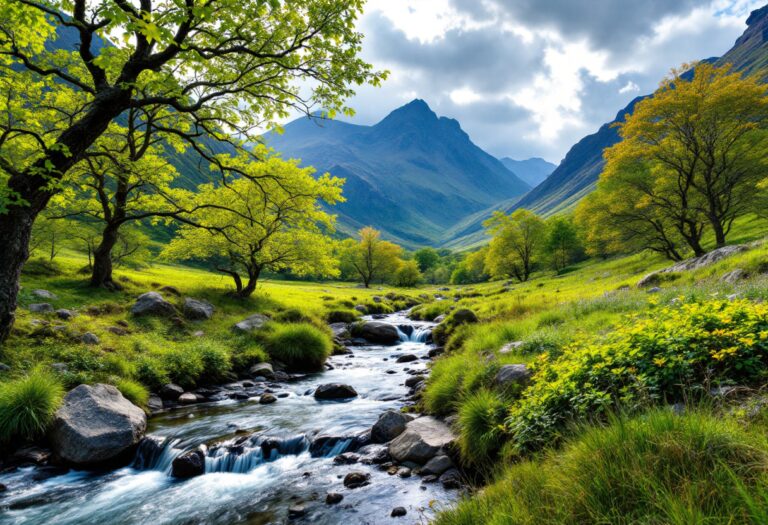Local authorities consider a no-alcohol bylaw to protect the natural beauty of Glen Etive.

Topics covered
Introduction to Glen Etive’s Challenges
Glen Etive, a stunning Highland glen known for its breathtaking landscapes and connections to the iconic James Bond film Skyfall, is facing increasing pressure from irresponsible visitor behavior. The area, located south of Glen Coe, attracts thousands of tourists each year, but the actions of a minority are prompting local authorities to consider a no-alcohol bylaw.
This potential legislation aims to address the growing concerns surrounding waste disposal, noise, and disturbances to wildlife.
The Impact of Visitor Behavior
In recent years, Glen Etive has seen a surge in complaints related to littering, human waste, and campfires left by overnight partygoers.
Councillor Andrew Baxter has voiced his concerns, stating that while the majority of visitors are responsible, the actions of a few are tarnishing the glen’s reputation. He emphasized the need for a bylaw similar to those in Fort William and Kinlochleven, where public drinking is prohibited. The councillor’s frustration is palpable as he recalls discussions about the bylaw that began before the COVID-19 pandemic, which have yet to yield results.
Wildlife and Community Concerns
The environmental impact of irresponsible camping is becoming increasingly evident. Local residents report distressing incidents, including the discovery of human feces and the abuse of National Trust staff who attempt to manage the situation. The community is united in its call for action, recognizing that the natural beauty of Glen Etive is at risk. Inspector Ross McCartney from Police Scotland noted an uptick in visitor numbers during the summer months, which has exacerbated the issues faced by the local community.
Financial Implications of the Proposed Bylaw
Despite the pressing need for a no-alcohol bylaw, the financial implications of implementing such a measure are significant. Highland Council has indicated that the cost of public consultation could reach £100,000, a figure that has deterred immediate action. Community council meetings have revealed a reluctance from the council to absorb these costs, leaving residents frustrated and seeking alternative solutions. The National Trust for Scotland has expressed its commitment to responsible access and is exploring various strategies to mitigate the impact of anti-social camping.
Conclusion: A Call for Action
As Glen Etive continues to attract visitors year-round, the need for a comprehensive strategy to protect its natural beauty and local community becomes increasingly urgent. The proposed alcohol ban represents a crucial step in addressing the challenges posed by irresponsible visitors. Local authorities, community members, and organizations like the National Trust for Scotland must collaborate to find effective solutions that ensure Glen Etive remains a cherished destination for generations to come.




